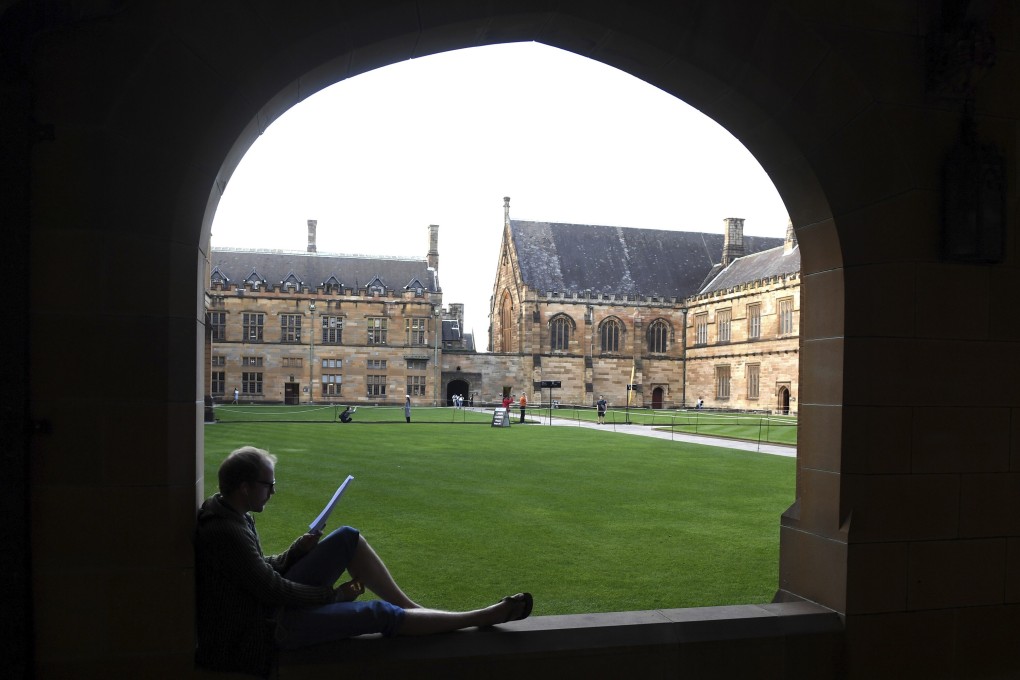Coronavirus: Australia is reopening, but pandemic limbo remains for international students
- Tens of thousands of international students who enrolled in Australian universities nearly two years ago are yet to enter the country
- As they await the go-ahead, their education and mental health suffer – and so too do the revenues of a multibillion-dollar education industry

“It was so heartbreaking,” said Gill, whose coursework for a masters in engineering at the University of Southern Queensland, Toowoomba, has been conducted entirely online since February 2020. “It is followed by another lollipop that students will come back next year. That’s what we have been hearing for the last almost two years. I have lost all hope.”
After more than 20 months of paying full fees for a limited university experience, the 23-year-old from the village of Gobindpur in Kapurthala district feels cheated and has little faith she’ll get into Australia any time soon.
“I don’t have stable internet or other resources here,” Gill said. “It takes me several hours to download an hour-long lecture. On exam days I stay with someone in the city so I can have internet access. Since I thought this was just temporary, I kept adjusting. But another semester is about to end. I am struggling even to pass.”
“My friends who got their visas months later than me are already in Canada, France, UK and the USA,” she added. “I feel betrayed. I feel like we are just a source of income for them. What education we get in return doesn’t concern them at all.”
